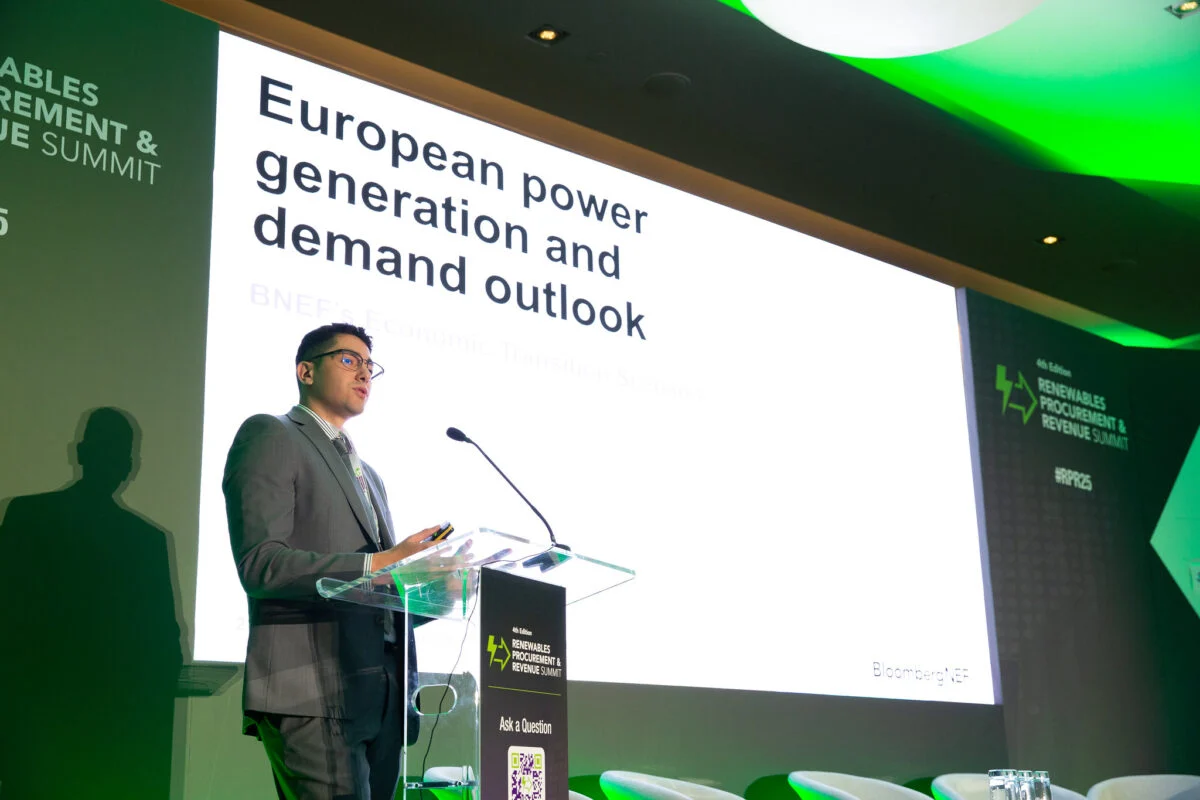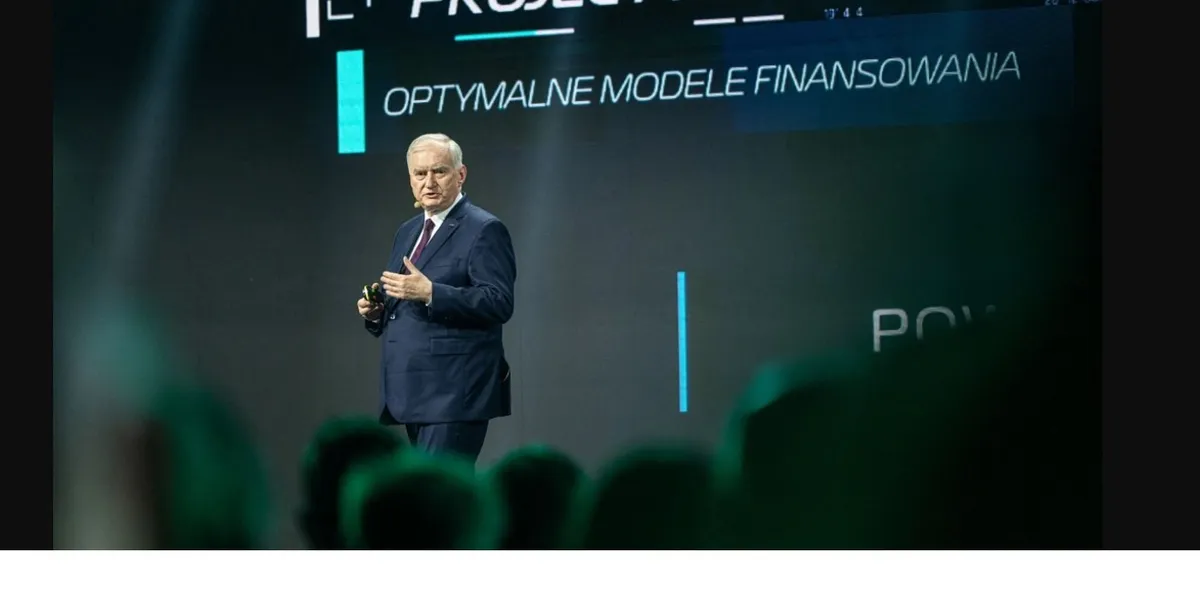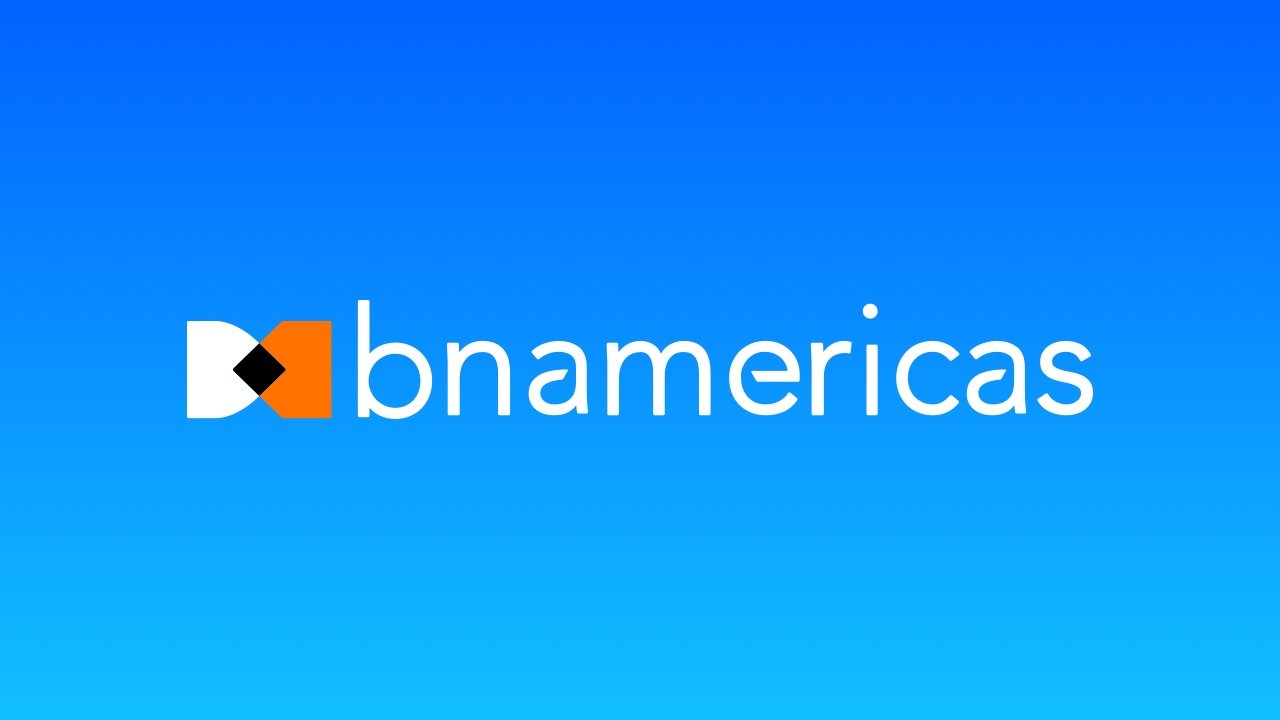The European power purchase agreement (PPA) market is evolving as businesses increasingly seek customized contracts and hybrid models. Recent data from Pexapark indicates that Europe secured 1.6 GW of renewable capacity in March and 1.4 GW in April 2023, marking a significant increase compared to previous months. However, the prices for these agreements showed notable fluctuations. Pexapark’s EURO Composite, which averages PPA prices across Europe, fell by 1.6% from March to April. Specific declines included 6.8% in Poland, 2.6% in Belgium, and 2.2% in Germany.
Despite these price variations, experts suggest they do not indicate a downturn in the PPA market or the diminishing value of renewable energy. Nahel Brihi, a corporate sustainability analyst at Bloomberg, explained that there is a growing interest in smaller, more customized PPAs tailored to local market conditions. This shift reflects a broader evolution within the sector, prompting stakeholders to rethink how these agreements are structured and communicated.
Brihi noted an increase in complex deals, such as co-located or hybrid PPAs that combine various technologies. While the U.S. leads the global market with 17 GW of hybrid deals in 2024, Europe is beginning to catch up, having tracked 740 MW of off-site hybrid agreements.
The diversity of companies participating in the European PPA market is expanding. Olivier de Nomazy, head of energy sourcing at French data center operator DATA4, highlighted that fluctuating power prices compelled his company to engage with PPAs, moving away from traditional electricity purchasing methods. He reported a 30% average growth in energy consumption between 2023 and 2024.
However, de Nomazy cautioned that current PPA structures may not adequately support the energy transition, particularly in Spain, where curtailment risks undermine the viability of pure solar agreements. Brihi echoed this sentiment, noting that recent blackouts in the Iberian region highlighted how external factors can affect PPA security, prompting both buyers and sellers to consider diversifying their energy portfolios.
To address these challenges, investing in multi-technology PPAs and integrating battery storage systems are emerging as strategies to reduce reliance on single technologies. Brihi expressed enthusiasm about the potential for hybrid deals across Europe, mentioning the possibility of the first nuclear PPA in France and the growing interest in hydroelectric agreements, which could enhance energy diversification.
De Nomazy emphasized that while battery systems are effective for peak production, their cost-effectiveness varies by region. He described the limitations of batteries in transforming solar energy into baseload power, particularly in Spain, where current pricing does not support such applications.
Predictability remains a priority for buyers, who are increasingly interested in aligning power procurement with baseload requirements. Magdalena Hilgner from Polish telecom company PLAY confirmed that managing power price volatility is critical. Karim Rizk, from TokWise, proposed that multi-technology PPAs could help mitigate this volatility, alongside innovative financial mechanisms and AI tools for power management.
Brihi noted that the evolving nature of PPAs involves adding various elements to contracts, which can complicate negotiations but also reflects an adaptation to market needs. De Nomazy shared an example of a ten-year PPA with Edison Energia for a 148 MW project in Italy, illustrating how flexibility in contract terms can accommodate growth over time.
Rizk pointed out that independent power producers (IPPs) are increasingly resembling energy suppliers, driven by the need for strategic long-term planning. This shift allows IPPs to offer more complex PPA structures that meet specific buyer needs.
De Nomazy concluded that the evolving relationship between IPPs and offtakers could lead to a more personalized and responsive PPA market in Europe, where collaborative efforts may yield better outcomes for both parties.



